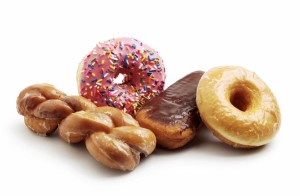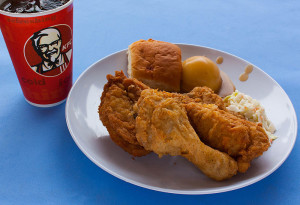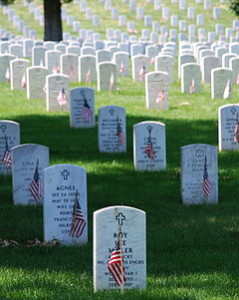December 15th, 2015
Frequent Flier
Ahmad Yousaf, MD

Ahmad Yousaf, MD, is the 2015-16 Ambulatory Chief Resident in Internal Medicine at Rutgers New Jersey Medical School.
The name of the patient has been changed to preserve his privacy.
“Donald passed away.”
We had been sitting in the chiefs’ office with a few of the attendings who had all had Donald on their service at one time or another. Everybody exhaled a collective sigh, soaking in the sting of the knowledge of Don’s death; then, within a few seconds, everybody had smiles on their faces. The smiles were born out of a personal experience with him in the hospital. He was a special man. He was a dogged veteran who had fought in two wars: Vietnam and the war against the disease and illness that riddled his body. His words were rarely sweet, his blood pressure was always through the roof, his bone marrow had burned out to MDS, and his kidneys had begun giving up under the stress of his uncontrolled diabetes. On top of this, he was never adherent to his prescription regimen and medical recommendations.

He was the quintessential ‘frequent flier.’ When you saw his name on your patient list in the morning, you were usually unsurprised, a little frustrated, and somewhat satisfied you would see again the familiar, hardened face of a man who ‘wouldn’t take nothing from no one.’ Despite the difficulty in dealing with his tenacious personality, he always left you with a smile on your face — whether out of incredulity or amazement.
The attendings in our office began to share some of their stories about Donald:
 “You know, once I had to bribe Donald with donuts so he would let us transfuse some blood.”
“You know, once I had to bribe Donald with donuts so he would let us transfuse some blood.”
“Once he was in renal failure because he had an overenlarged prostate, and when I told him we needed to put in a Foley catheter to relieve the pressure, he looked at me sternly and said, ‘you know, Doc, friends don’t hurt friends’.”
 “One day I found him with a bucket of KFC despite strict sodium restriction recs, and I asked the nurses what happened. They told me there was no way they could stop Donald from doing what he wanted when he put his mind to it.”
“One day I found him with a bucket of KFC despite strict sodium restriction recs, and I asked the nurses what happened. They told me there was no way they could stop Donald from doing what he wanted when he put his mind to it.”
“He was always hungry. He would tell the techs to get him Chinese food secretly and would give them a couple of extra bucks for egg rolls so they would keep their mouths shut.”
I listened to the stories, and in my heart, I thought that Donald would have gotten a kick out of knowing we were remembering him this way. I thought about how I would like to be remembered. Hopefully, the day I leave this world, some people I care about will have some good stories to tell about me that will make them laugh and think and reflect.
Donald lived his life the way he wanted. He was pathologically stubborn and irritatingly argumentative, but he still had that bit of charm that showed through most in the moments when he was most ill. Donald should have died long before today, but he was too stubborn, even for death. He clawed and scratched every last breath and every last heart beat in this world, and he left a mark on all of us. We all knew that this day was coming. That we would hear that Donald had finally met his maker… and just like the countless times we saw his name on our patient list, we were unsurprised, we were a little frustrated, but we had little smiles on our faces.
Rest in Peace.



Thank you Dr. Yousaf, for writing an article that was both thought-provoking and enjoyable to read.
Shared memories provide emotional value for people. When caring for patients, think about whether you can remember something about the person from a previous visit. Ask: “Remember the time when…..” and enjoy the results. In addition to creating emotional value for the patient, practitioners will probably learn something positive about how they’ll be remembered too.
Thank you for the advice, I will definitely take it to heart. Thanks for the comment!